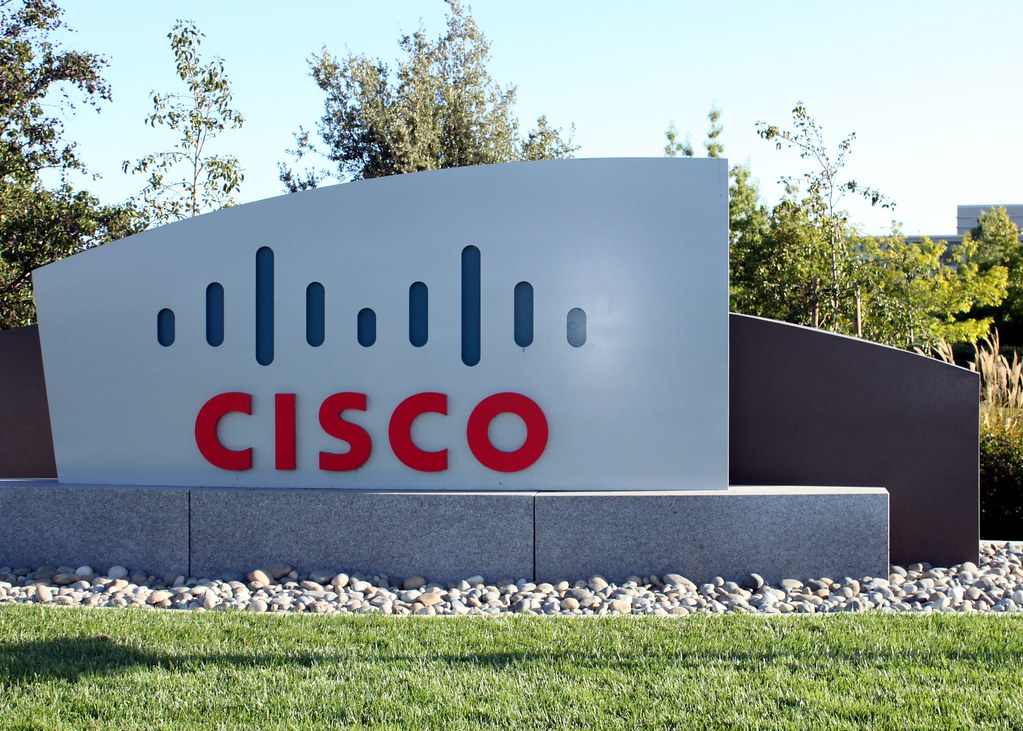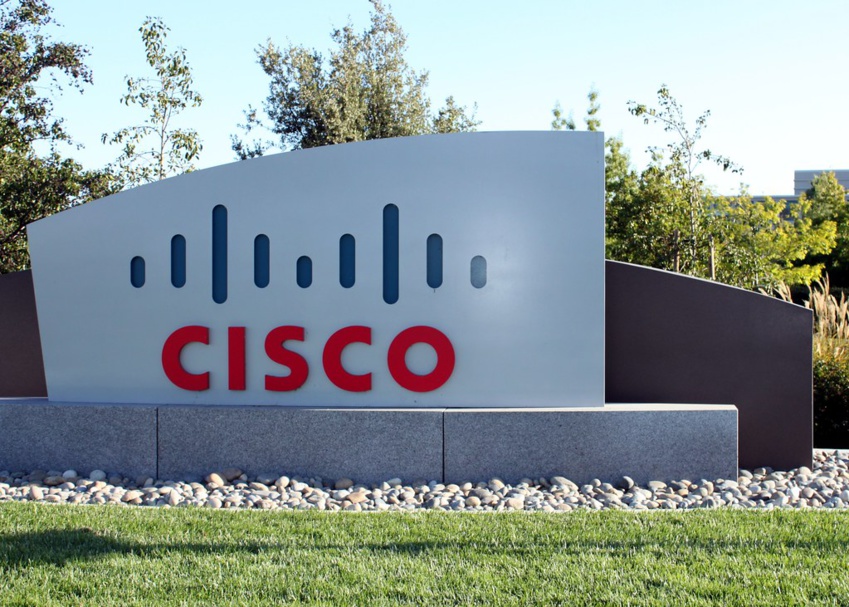Autumn is a busy season for professionals across various fields, with a plethora of conferences, panels, webinars, and events. The climate sector is no exception, with Climate Week NYC initiating the season with an unprecedented turnout, followed by VERGE in San Jose, and culminating in COP28.
The numerous discussions and dialogues in this domain have instilled a sense of optimism. The reason being, a majority of the climate discussions delved into specific topics in detail, focused on immediate action, and aimed to transcend the complex jargon that often hinders the progression to the “what are we actually going to do about it?” aspect of crucial dialogues.
Some of the key sentiments, discussions, and questions that were explored include:
The numerous discussions and dialogues in this domain have instilled a sense of optimism. The reason being, a majority of the climate discussions delved into specific topics in detail, focused on immediate action, and aimed to transcend the complex jargon that often hinders the progression to the “what are we actually going to do about it?” aspect of crucial dialogues.
Some of the key sentiments, discussions, and questions that were explored include:
- Nature is indispensable for achieving “Net Zero”.
The term climate action has often been synonymous with carbon reduction. To achieve this, the focus has been on engineering new, more sustainable, efficient technologies. However, a holistic carbon strategy includes solutions to reduce carbon emissions, remove carbon from the atmosphere, and protect or preserve natural carbon sinks. In recent years, the emphasis has been on reducing emissions and engineered carbon removal. However, this year’s events saw a surge in actors and capital providers who were eager, informed, and prepared to ensure nature-based solutions, along with the preservation and restoration of nature, were not just part of strategic discussions, but at the forefront.
- How do marginalized communities define a “Just Energy Transition”?
The intersection of inclusion and clean energy is a common interest in the climate space. However, this intersection was given a jargon-filled title that started appearing in projects, strategies, and discussions. As the title became commonplace, it raised the question of whether we, the diverse climate community and the public, truly have a shared, comprehensive definition of what this phrase means and whether it still represents the voices of marginalized communities. Reflecting on this, a local Indigenous leader from Arizona and an inner-city community leader from New York City were asked what this phrase meant to them. Their unique perspectives on the same topic were enlightening and refreshing. Additionally, Nantu Canelos, Director of Territorial Autonomy of Cisco Foundation grantee, Kara Solar, also shared their thoughts on the topic, stating that in remote communities of the Amazon rainforest such as Achuar territory, where they live, the transition is from gasoline to solar energy, and from having no energy to having energy. Solar energy is used for transportation, communication, light, and other purposes.
Energy is seen as a means to enhance the quality of life for our people and to reduce the strain on the ecosystems we inhabit and rely on, thereby further improving human life and creating a virtuous cycle. When working with technologies, the focus is on fostering local understanding. Local technicians receive training, and solar energy is incorporated into the school curriculum, enabling children to learn about it from an early age. This ensures that the benefits are sustainable and that this energy transition is genuinely equitable.
The repeated call for “blended” and “innovative” finance needs to be actualized. Climate finance discussions are evolving and recognizing the unique capital stack required to reverse the impacts of climate change. Instead of focusing on “what” we need and “why”, discussions are challenging capital providers to think about “how”. For instance, Salesforce published The Corporate Climate Finance Playbook during Climate Week NYC.
Additionally, the Global Innovation Lab for Climate Finance endorsed six innovative financial instruments to accelerate climate action in emerging markets, including The Catalyst Fund, a Cisco Foundation investee.
The realization of “breakthroughs” in Climate Tech cannot occur without acknowledging the challenging landscape of Climate Hardware. The 2020 International Energy Agency’s Clean Energy Innovation perspectives report states that nearly 35% of the reductions needed to avoid a 2-degree C temperature rise must come from technologies currently at the prototype or demonstration phase. This will necessitate new hardware innovation, a sector with significant capital requirements, long time frames, and a high level of technological risk. Developing these hardware breakthroughs will require capital providers to provide a diverse capital stack and potentially a new investment model. Azolla Ventures is an innovative investment fund attempting to address this issue.
As we persist in financing solutions through the Climate Commitment of the Cisco Foundation, these dialogues and advancements in our understanding of the necessary solutions and their financing are crucial to our success in contributing to climate action. We are excited, invigorated, and inspired to continue learning together, providing support, and taking collective action alongside a diverse group of innovators, capital providers, ecosystem builders, and visionaries to create a more sustainable and regenerative future.
The repeated call for “blended” and “innovative” finance needs to be actualized. Climate finance discussions are evolving and recognizing the unique capital stack required to reverse the impacts of climate change. Instead of focusing on “what” we need and “why”, discussions are challenging capital providers to think about “how”. For instance, Salesforce published The Corporate Climate Finance Playbook during Climate Week NYC.
Additionally, the Global Innovation Lab for Climate Finance endorsed six innovative financial instruments to accelerate climate action in emerging markets, including The Catalyst Fund, a Cisco Foundation investee.
The realization of “breakthroughs” in Climate Tech cannot occur without acknowledging the challenging landscape of Climate Hardware. The 2020 International Energy Agency’s Clean Energy Innovation perspectives report states that nearly 35% of the reductions needed to avoid a 2-degree C temperature rise must come from technologies currently at the prototype or demonstration phase. This will necessitate new hardware innovation, a sector with significant capital requirements, long time frames, and a high level of technological risk. Developing these hardware breakthroughs will require capital providers to provide a diverse capital stack and potentially a new investment model. Azolla Ventures is an innovative investment fund attempting to address this issue.
As we persist in financing solutions through the Climate Commitment of the Cisco Foundation, these dialogues and advancements in our understanding of the necessary solutions and their financing are crucial to our success in contributing to climate action. We are excited, invigorated, and inspired to continue learning together, providing support, and taking collective action alongside a diverse group of innovators, capital providers, ecosystem builders, and visionaries to create a more sustainable and regenerative future.


 Driving Climate Action: Cisco Foundation’s Commitment to a Sustainable Future
Driving Climate Action: Cisco Foundation’s Commitment to a Sustainable Future





 Companies
Companies